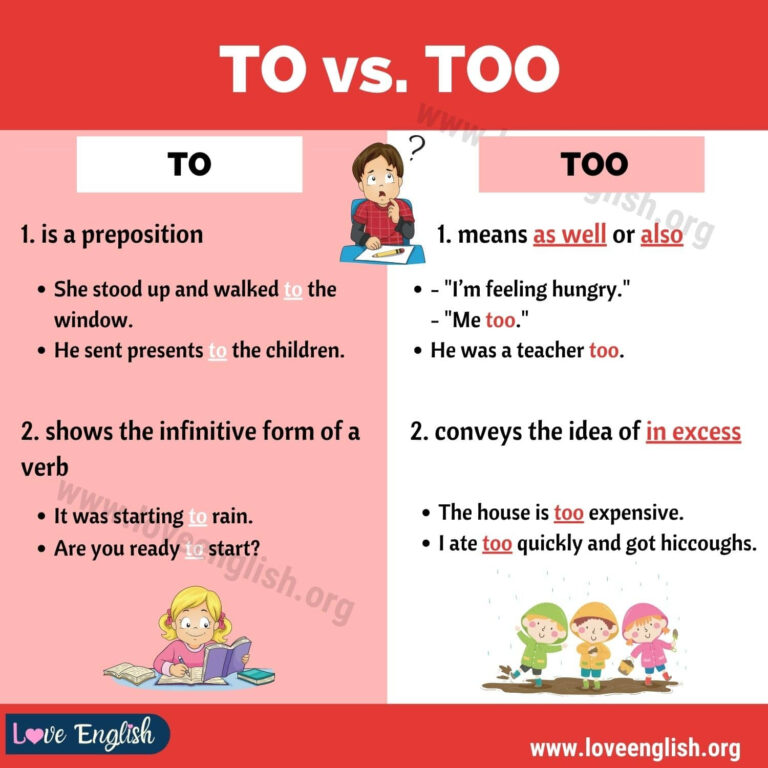Names of Generations in Order: A Comprehensive Guide to Understanding Generational Differences
Generations are fascinating lenses through which we can understand the evolution of our society. Each generation is shaped by unique historical, social, and technological factors, resulting in distinct values, beliefs, and behaviors. In this comprehensive guide, we will delve into the names of generations in order, exploring their key characteristics, historical contexts, and societal impacts.
Throughout history, generations have played a pivotal role in driving social change, innovation, and economic growth. From the Silent Generation to Generation Z, each cohort has left an indelible mark on our world. Understanding the nuances of different generations is crucial for fostering intergenerational dialogue, bridging generational gaps, and creating a more inclusive and harmonious society.
Defining Generations
Generations refer to groups of people born during a particular period who share similar experiences, values, and perspectives. These experiences can shape their collective identity and influence their attitudes, behaviors, and beliefs.
Factors that contribute to the formation of generational groups include:
- Historical events and social changes
- Technological advancements
- Economic conditions
li>Cultural shifts
Historical Overview of Generations
Generations are cohorts of people who share similar life experiences and cultural influences. These shared experiences shape their values, beliefs, and behaviors. Throughout history, different generations have emerged, each with its own unique characteristics and contributions to society.
The following table provides a comprehensive overview of the names of generations in chronological order, along with their key traits, values, and historical context:
Generational Cohorts
| Generation | Birth Years | Key Traits | Values | Historical Context |
|---|---|---|---|---|
| Lost Generation | 1883-1900 | – Experienced World War I – Disillusioned and cynical – Valued individuality and self-reliance |
– Pacifism – Individualism – Social change |
– World War I – Roaring Twenties |
| Greatest Generation | 1901-1927 | – Fought in World War II – Hardworking and patriotic – Valued duty, honor, and sacrifice |
– Patriotism – Duty – Conformity |
– World War II – Great Depression |
| Silent Generation | 1928-1945 | – Grew up during the Cold War – Conformist and conservative – Valued stability and security |
– Conformity – Stability – Security |
– Cold War – Post-World War II economic boom |
| Baby Boomers | 1946-1964 | – Large generation born after World War II – Optimistic and idealistic – Valued freedom, individuality, and social change |
– Optimism – Individualism – Social change |
– Vietnam War – Civil Rights Movement |
| Generation X | 1965-1980 | – Grew up during the Vietnam War and Watergate scandal – Cynical and skeptical – Valued independence and self-reliance |
– Cynicism – Skepticism – Independence |
– Vietnam War – Watergate scandal |
| Millennials | 1981-1996 | – Grew up with the internet and social media – Tech-savvy and connected – Valued diversity, inclusion, and social justice |
– Diversity – Inclusion – Social justice |
– Digital age – Great Recession |
| Generation Z | 1997-2012 | – Grew up after the 9/11 attacks – Diverse and socially conscious – Valued mental health, authenticity, and entrepreneurship |
– Mental health – Authenticity – Entrepreneurship |
– 9/11 attacks – Great Recession |
Generational Cohorts
Generational cohorts are groups of people born within a specific period, who share similar experiences and cultural influences. These cohorts can shape societal trends and cultural norms as they move through different stages of life.
The specific birth years that define each generation are as follows:
- Silent Generation: 1928-1945
- Baby Boomers: 1946-1964
- Generation X: 1965-1980
- Millennials: 1981-1996
- Generation Z: 1997-2012
- Generation Alpha: 2013-present
Each generation experiences unique events and challenges that shape their values and beliefs. For example, the Silent Generation grew up during the Great Depression and World War II, which influenced their values of thrift and hard work. Baby Boomers came of age during the civil rights movement and the Vietnam War, which shaped their values of social justice and peace. Generation X grew up during a period of economic uncertainty and technological change, which influenced their values of independence and self-reliance.
Generational cohorts can have a significant impact on society as they move through different stages of life. For example, the Baby Boomers were a large generation that had a significant impact on the economy, culture, and politics of the United States. As they entered the workforce, they helped to fuel the economic boom of the 1960s and 1970s. As they came of age, they helped to shape the social and cultural movements of the 1960s and 1970s. And as they entered retirement, they began to have a significant impact on the economy and politics of the United States.
Generational cohorts are an important factor to consider when understanding societal trends and cultural norms. By understanding the unique experiences and values of each generation, we can better understand the present and prepare for the future.
Intergenerational Relationships
Different generations interact in various ways, shaping society’s fabric. Understanding these interactions helps bridge generational gaps and fosters harmony.
Communication and understanding across generations pose challenges but also offer opportunities for growth. Exploring these dynamics can strengthen intergenerational bonds.
Challenges
Generational differences in perspectives, values, and experiences can lead to communication barriers and misunderstandings. For instance, older generations may prioritize tradition, while younger ones embrace innovation.
Opportunities
Intergenerational interactions provide opportunities for learning and mutual enrichment. Younger generations can learn from the wisdom and experience of elders, while older generations can stay connected with changing societal norms and perspectives.
Intergenerational Programs
Initiatives like mentorship programs and intergenerational living arrangements promote intergenerational connections and foster understanding. These programs create spaces for knowledge sharing, empathy, and a sense of community.
Generational Impact on Society
:max_bytes(150000):strip_icc()/names-of-generations-1435472_v31-5b48e0cec9e77c0037f56645.png?w=700)
Generations leave a lasting imprint on the fabric of society, shaping technological advancements, economic trends, and political landscapes. Their perspectives, values, and experiences drive social change and innovation.
Technological Advancements
- Millennials (1981-1996): Digital natives who embrace technology, leading to advancements in social media, smartphones, and e-commerce.
- Generation Z (1997-2012): Tech-savvy and environmentally conscious, they drive innovations in AI, virtual reality, and sustainable technologies.
Economic Trends
- Baby Boomers (1946-1964): Entered the workforce during economic prosperity, shaping consumerism and the housing market.
- Generation X (1965-1980): Faced economic uncertainty, fostering a culture of entrepreneurship and adaptability.
Political Landscapes
- Silent Generation (1928-1945): Experienced the Great Depression and World War II, shaping their conservative and patriotic values.
- Generation Y (1997-2012): Socially and politically engaged, they advocate for diversity, equality, and environmental sustainability.
Frequently Asked Questions
What is the oldest generation?
The oldest generation is the Greatest Generation, born between 1901 and 1927.
What is the youngest generation?
The youngest generation is Generation Alpha, born after 2010.
How are generational cohorts defined?
Generational cohorts are defined by specific birth years that reflect shared historical experiences and cultural influences.
Why is it important to understand generational differences?
Understanding generational differences helps us bridge generational gaps, foster intergenerational dialogue, and create a more inclusive society.
How do generations influence societal trends?
Generations influence societal trends through their values, beliefs, and behaviors, shaping everything from technology to politics.





